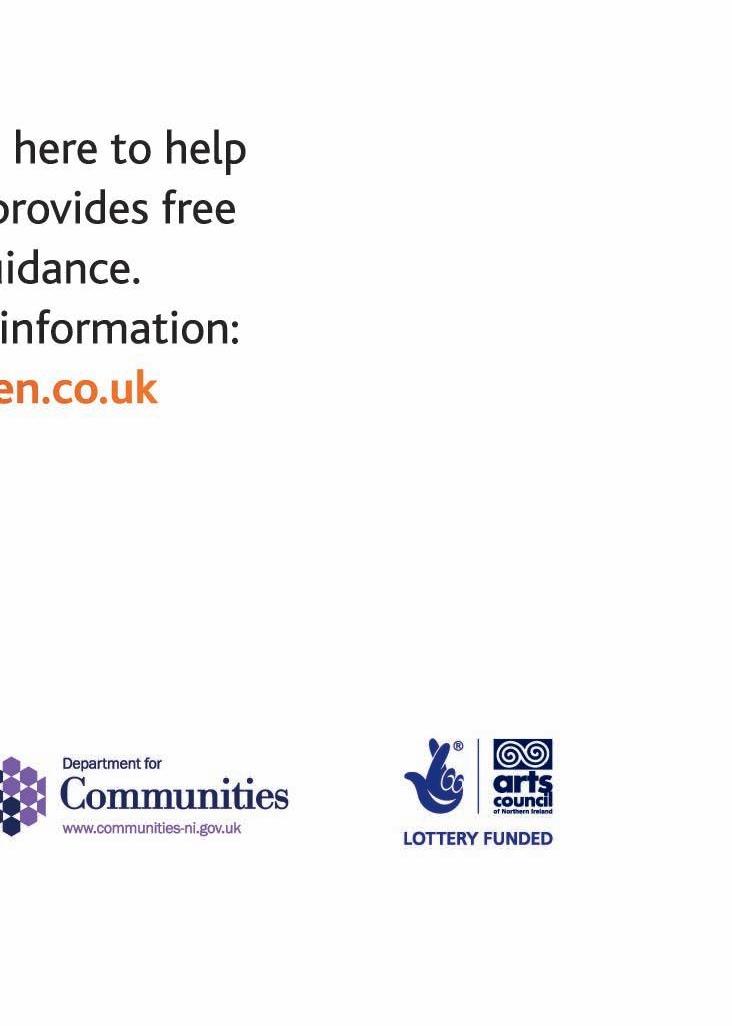
5 minute read
Interview with











lorenzo mieli & mario gianani
orenzo Mieli and Mario Gianani are two of Italy’ best known producers. Both worked together from 2009 at Wildside, which took Italian scripted content to the world with TV dramas such as The Young Pope and My Brilliant Friend and films by Bernardo Bertolucci, Marco Bellocchio and Saverio Costanzo.
Fremantle acquired Wildside in 2015. Wildside is now run by Gianani, while Mieli set up new label The Apartment in 2019 within Fremantle. Wildside is set to deliver features by Paolo Virzì, Felix van Groeningen and Emanuele Crialese, and is co-producing mafia drama The Good Mothers for Disney+. The Apartment is set to release Paolo Sorrentino’s Hand of God, Luca Guadagnino’s Bones and All with Timothee Chamolet, and season three of My Brilliant Friend (pictured), and will shoot season four next year.
MaKERS
What are you focusing on at The Apartment?
loREnZo MiEli
The Apartment is an evolution of the job that I was doing at Wildside. Firstly, I’m focusing more on the two things that I worked on during my last years in Wildside –developing international movies and TV series. The Apartment is more focused on fewer but bigger projects, and 100% focused on the international appeal of these projects.
Secondly I’m reinforcing my professional and creative relationships with filmmakers that I was working with before –Paolo Sorrentino, Luca Guadagnino, Marco Bellochio. I'm also very interested in trying to find great new filmmakers, whether in Italy or outside of Italy. I believe that producers are not defined by the nationality of where they are, quite the opposite. They're mostly defined the type of projects they develop and deliver.
MaKERS
And how about at Wildside?
MaRio Gianani
Wildside was born 10 years ago, bringing together very commercial local comedies alongside high-end production. I think this model still works for Wildside. But selecting projects is getting tougher and tougher. The environment has radically changed. Now there is a great opportunity to produce because of the OTT hunger for product. When Wildside first sold to Fremantle, cinema was not considered a real business and everybody was focusing on TV. But we’ve always stuck to our film side because we knew that making films was profitable for us, and it is also a way to secure talent becausecinema has a fascination that TV sometimes doesn’t. When high-end TV came, every talent wanted to do TV. Now we are experiencing the opposite. High-end talent with experience of TV still considers cinema as home. So we still do four or five feature films per year.
MaKERS
Do you both still work together and overlap on projects? Or are you both quite separate in terms of what you're working on?
loREnZo MiEli
I wouldn't say there’s an overlap now. We’ve been collaborating for so many years. Each us has his own creative and professional relationships and had them while we were together at Wildside for a long time. On that side, there is no overlapping. On the other hand, we are producers and we know each other so well. Sometimes it's useful for us to work together when we have to deal with projects that are already are in place and there will be projects in which our relationships and creative and productive skills are useful to each other.
MaKERS
Italian drama seems to be booming right now, and doing very well internationally. What has changed?
MaRio Gianani
The environment is very different. The Italian landscape for producing was family based production companies at one point. With Lorenzo, we were the first company to understand that size mattered. We sold the company to Fremantle, and since then we've been followed by other companies, like Cattleya [to ITV Studios]. The best are producers now on radar of other companies to be bought, because the market needs size and development money to be secure. Our commissioner of the time Mediaset is now a dwarf compared to the OTTs. The whole scale has changed. Luckily we started first. Many producers colleagues say, ‘But you are losing your independence.’ But it is the opposite. Independence with no money is not freedom - it’s no possibility to invest in the market.
loREnZo MiEli
For us, at the time, it was a necessity to sell not because we needed money, but because we were making a big step. We were trying to make The Young Pope, our first big international show. We couldn't do that and take all those risks if we weren't backed by a big company with big shoulders that was ready to support us. Maybe we could have done it once, but not every time.
Companies like ours and Cattleya have shown that our content can really be seen and loved in other countries. That’s how the new Italian producers are looking at the market. This was not the case 10 years ago. Nobody was looking outside Italy because there was no history. Now there is a history.
In the last 10 years, the opportunities have completely changed. I don’t think Italian producers should be pushed by platforms to stay local –that's the biggest risk happening in our market. My feeling is that the streamers’ business model tends to push local producers to stay local because they need local content. That’s completely counter intuitive and counter opportunistic. We have shown that our movies and our TV shows can travel. We must not agree to be just great local producers. Local content is important, but we need to think of ourselves as international producers. So talk to the streamers as international producers. This might sound easy, but it's not.
Lorenzo Mieli. Mario Gianani.






















